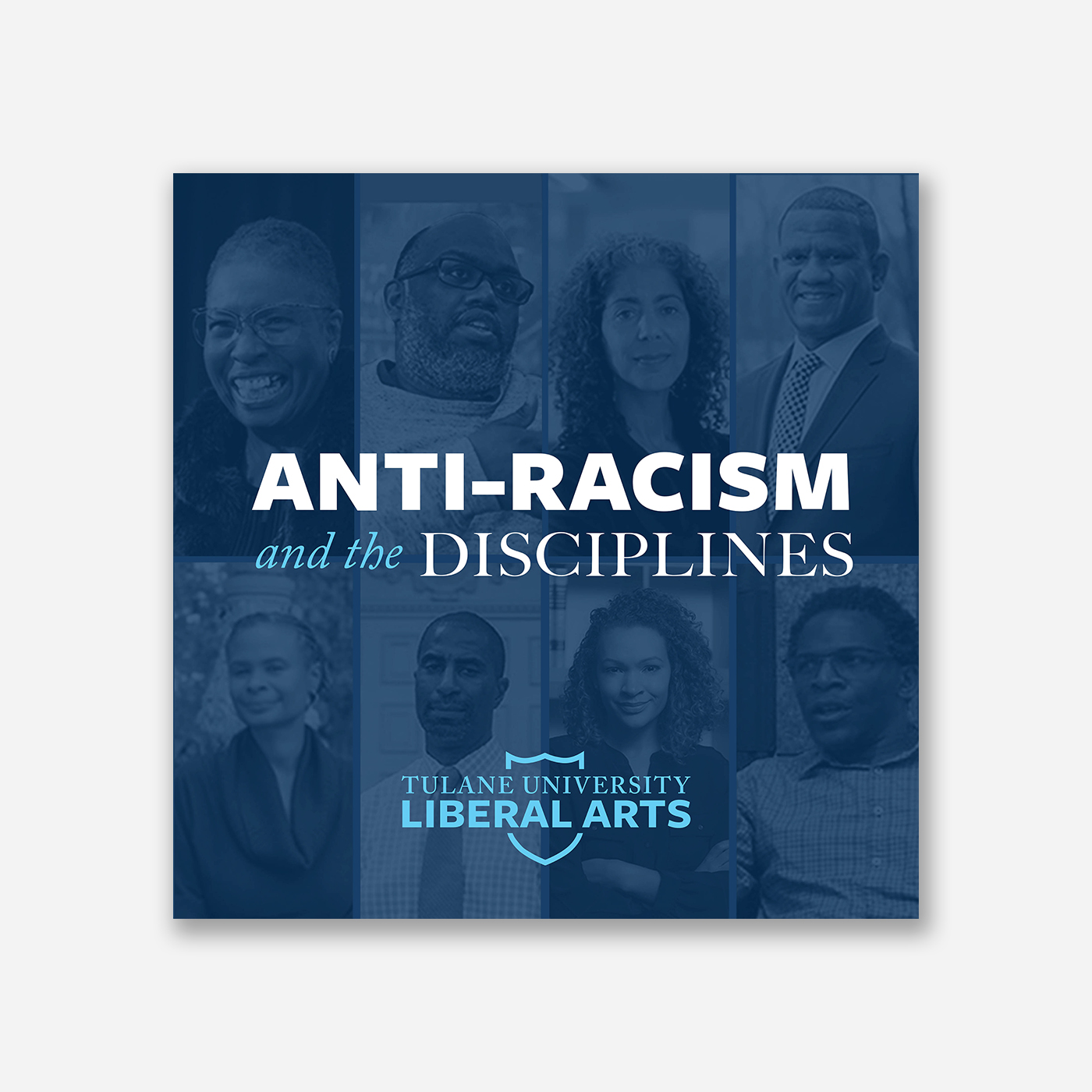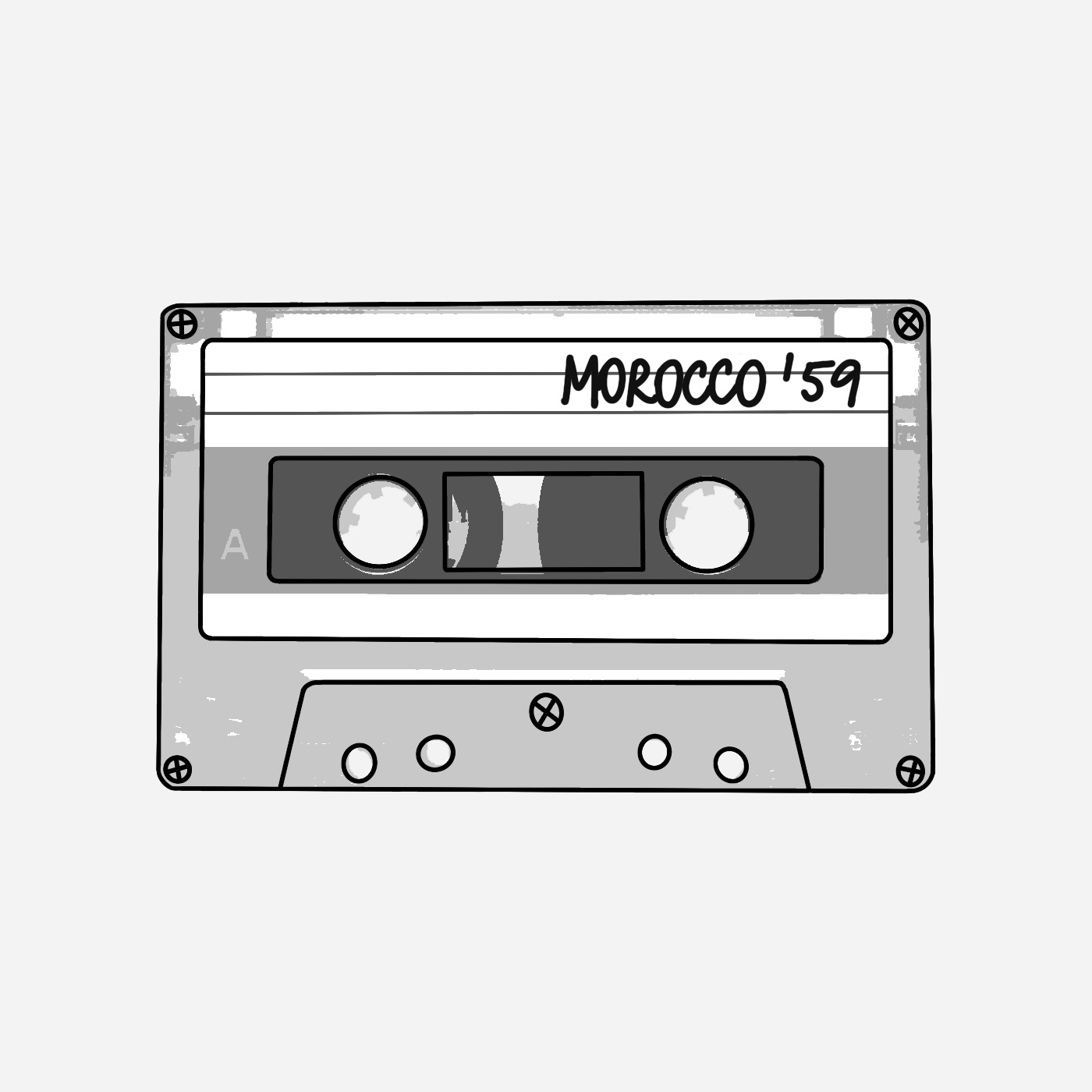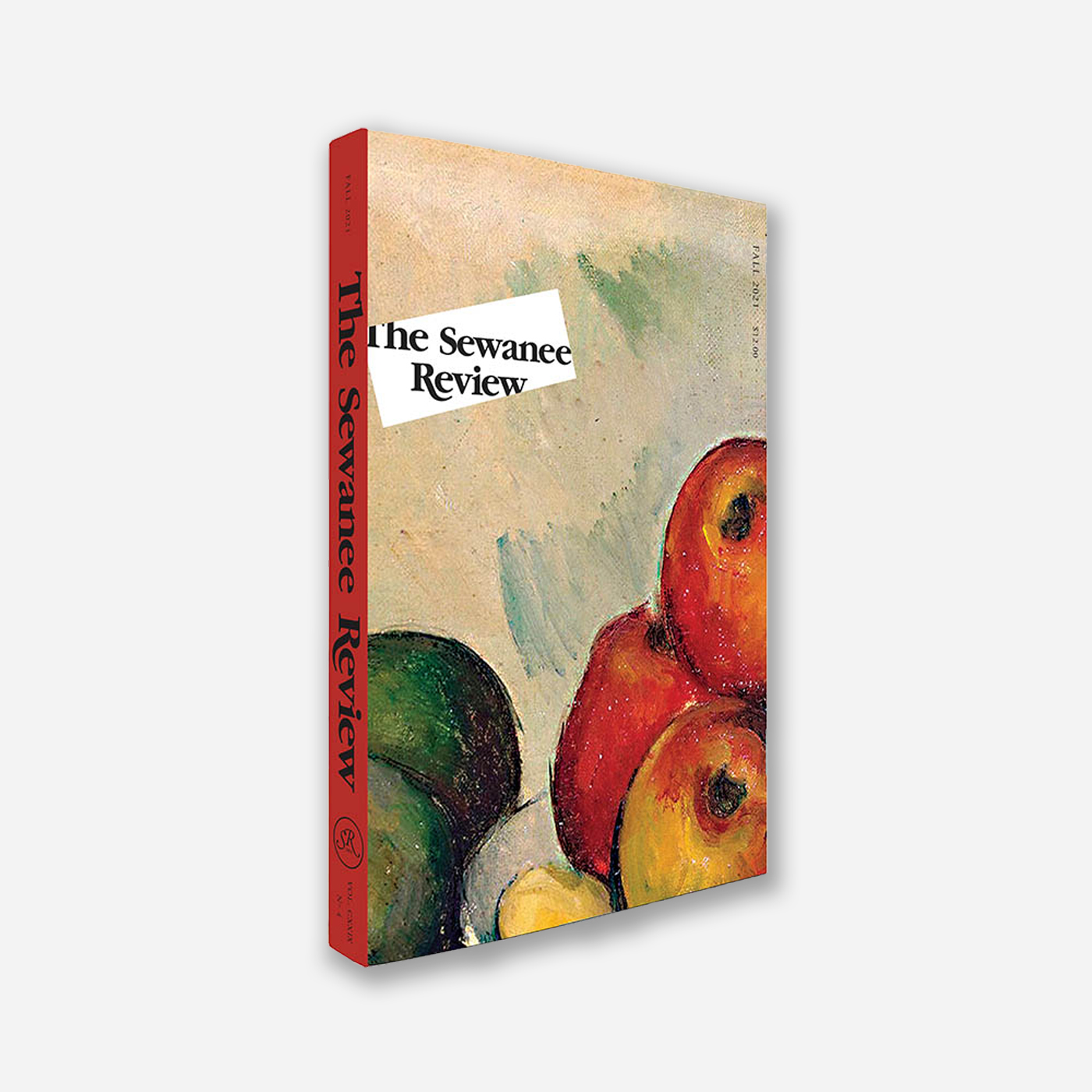
Last at Bat
The Sewanee Review, vol. 129, no. 4 (Fall 2021): 723–741.
A 6,500-word essay about baseball, aging, and toxic parenting in the suburbs.
I was sitting out on the patio at Casey’s with Dewey, and the conversation came back to baseball, as it inevitably does.1 Talking about the competitive league our sons play in—which everyone here just calls "travel"—exerts a strong undertow; there’s no way to avoid getting drawn in. Dewey and I could talk for hours about poorly behaving parents and problematic coaches. We pore over the mechanics and prospects of young players like scouts during a rain delay or sports-radio jockeys. At times, we retell specific plays with the misty nostalgia of one of those documentaries on PBS.
Like the time six years ago, in the first round of the playoffs, his nine-year-old son Hayes was playing second while my Theo, an unflappable eight-year-old lefty, was on the mound. Our guys were overmatched, but we were somehow holding a 2-1 lead coming into the bottom of the sixth with the top of their order coming up. The tension on every pitch was far beyond what you’d expect for kids this young. It was even worse for us parents, who stood arm in arm in foul territory literally holding each other up...
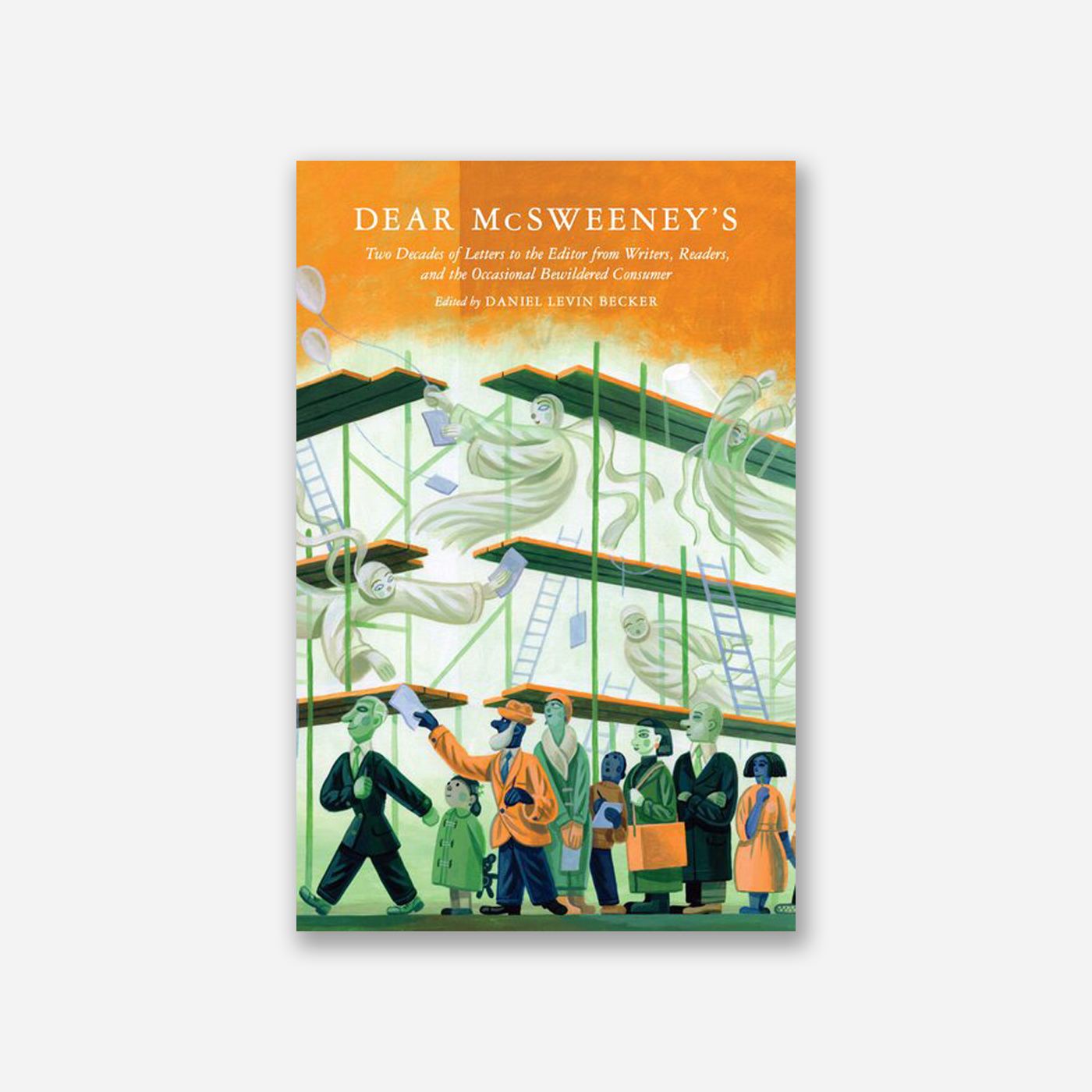
Letter from Cairo
Dear McSweeney's, Fall 2021
Originally published in McSweeney's, issue 34 (Spring 2010), 16–18.
While working on the Cairo Portfolio for A Public Space, Edwards fasted during the holy month of Ramadan, but allowed himself coffee, leading to a hallucinatory experience. He sent this letter to McSweeney’s.
Dear McSweeney's,
I've never tried to explain why I keep coming back. In some ways I don't grasp it myself. I just get on the plane again and off the plan again and then I'm here.
I didn't plan this trip. It was an impulse. I had work to do but that wasn't it. It hit me that it was Ramadan and I've never been here during Ramadan. Something unexpected always happens. I might come a hair closer—the answer to one more of my questions about Cairo might reveal itself when I least expect it to...
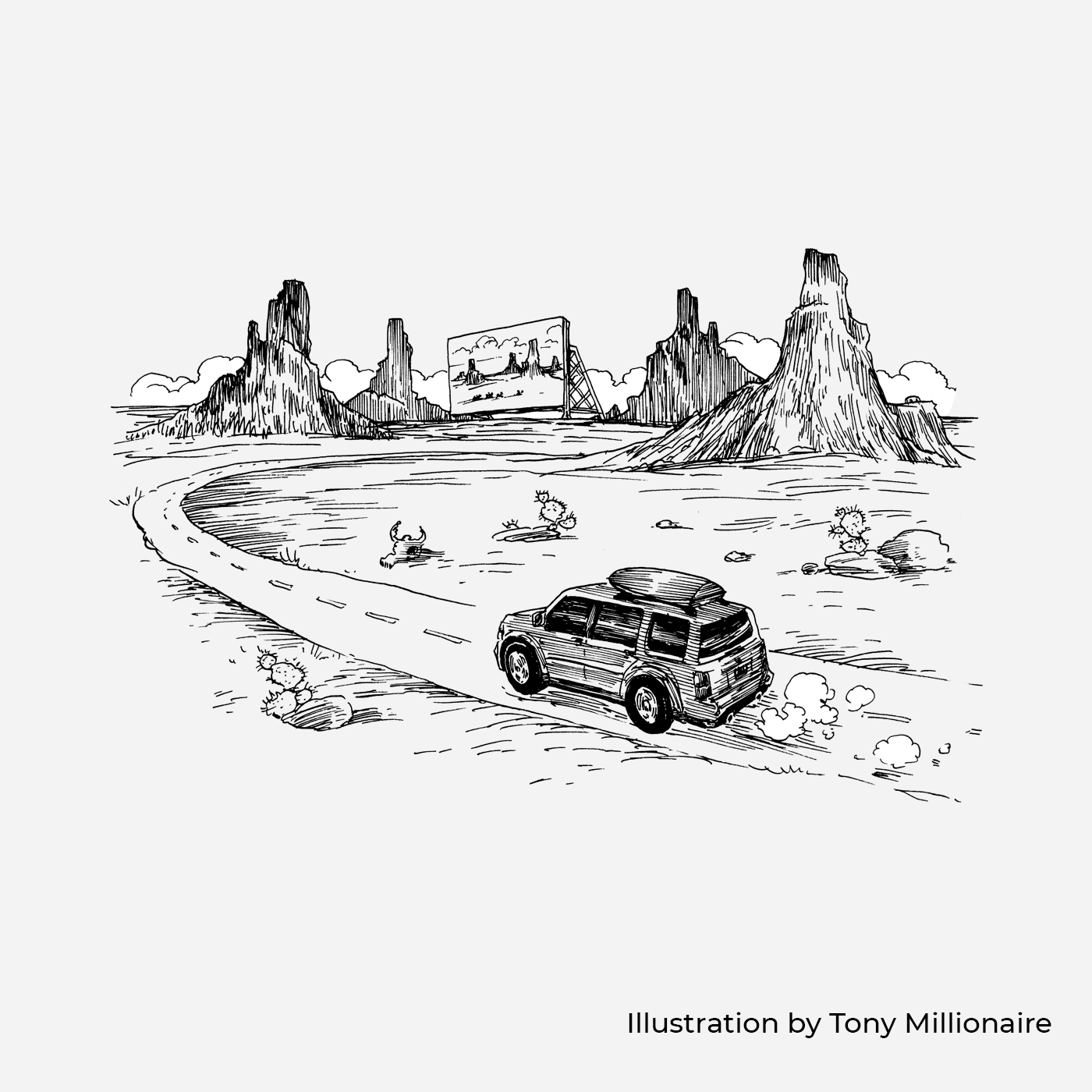
Road to Rapid City
The Believer, 2014
Selected as “Notable Travel Writing of 2014” in The Best American Travel Writing 2015, Andrew McCarthy, Guest Editor (Houghton Mifflin 2015).
We drive into the Black Hills, about an hour from Rapid City, South Dakota, where we’d spent the night. All is quiet in the backseat, where my children’s eyes are fixed on a small screen hanging from the car ceiling. As our car climbs toward Mount Rushmore, they are halfway into the extended climax of Hitchcock’s North by Northwest.
Beside me, my wife, Kate, looks out the window. In a mirror, I catch a glimpse of three of my four children absorbed by a spectacle that I can’t see within the car.
But now we have arrived at the entrance to Mount Rushmore National Memorial. I shut off the video system. The kids sigh. They know the rules we are playing by: movies off when we face an especially awesome vista, or arrive at the gate to a national park. It feels wrong to turn off North by Northwest now, however, when we might watch the final twenty minutes in the parking lot. I had tried to plan it so they would already have viewed the great chase scene across the presidents’ faces before we arrived, but I was off by about fifteen minutes...
- "The Moroccan Paul Bowles," Michigan Quarterly Review 50.2 (Spring 2011): 191–209.
An account of Paul Bowles’ complicated friendship with Mohammed Mrabet and Edwards’ own conversations with them both in the 1990s, as he tried to uncover the truth of an elusive literary collaboration.

Watching Shrek in Tehran
The Believer, 2010
Reprinted in Read Harder: Five More Years of Great Writing from The Believer (2014).
Selected as "Notable Travel Writing of 2010" in The Best American Travel Writing 2011, Sloane Crosley, Guest Editor (Houghton Mifflin 2011).
Downtown Tehran, winter: impossible traffic, the energy of 9 million Iranians making their way through congested streets, the white peaks of the Alborz Mountains disappearing shade by shade in the ever-increasing smog. The government’s declared another pollution emergency, and the center city is closed to license plates ending in odd numbers. The students at the university, where I am teaching a seminar on American Studies, are complaining openly about the failures of their elected officials.
Nahal and I are sitting in a café off Haft-e Tir Square. She is smart and dynamic, a graduate student and freelance journalist who is quick to criticize the US government and the perfidy of CNN. When I mention that, a few days ago, I had overheard Friday prayers and was taken aback by the chanting of Marg bar Amrika! (“Death to America”) she retorts: "But you call us the Axis of Evil!"
Our conversation turns to the movie Shrek. Nahal loves Shrek so much that she’s seen the first installment of the DreamWorks trilogy "at least thirty-six or thirty-seven times"...
- "You Had to be There," A Public Space, issue 11 (Fall 2010), 11–12.
A short essay on jokes in Tehran, Cairo, Fez and Casablanca.

Kiddie Orientalism
The Believer, 2008
In the Fez medina, stone corridors and vertiginous alleys lead you to the henna souk, down near the heart of the oldest part of the 1,200-year-old walled city. Pia turns to me and says, "Remember the medina in Tunisia and the blood on the wall?" Tomorrow she turns four. We are out to prepare for her birthday party. We have ducked into the henna souk, a quiet and cool space in the bustling commercial center of the old city, to catch our breath. It is July, and it is very hot. Our eventual destination this morning is the Attarine, a narrow artery with a constant pulse at the center of the medina; once there, hold tight and stay close.
This is the first time we’ve thrown a children’s party in Morocco...
- "The Road through Morocco," Los Angeles Times, September 28, 1997.
An experiment in anti-Orientalist travel writing, wherein Edwards takes on the alleged impossibility of traveling in the Moroccan Sahara via limiting himself to public transportation: bus, collective taxi, truck.
- "Essence of Morocco," Los Angeles Times, February 16, 1997, cover story.
Another experiment in anti-Orientalist travel writing, Edwards explores the great walled city of Fes in literature and in person.
Reprinted as “On the Road to Morocco,” Boston Globe, Travel Section, February 16, 1997, pp. M13–15.
Reprinted as “Navigating Fez,” Rocky Mountain News, Travel Section, April 6, 1997, cover story.





